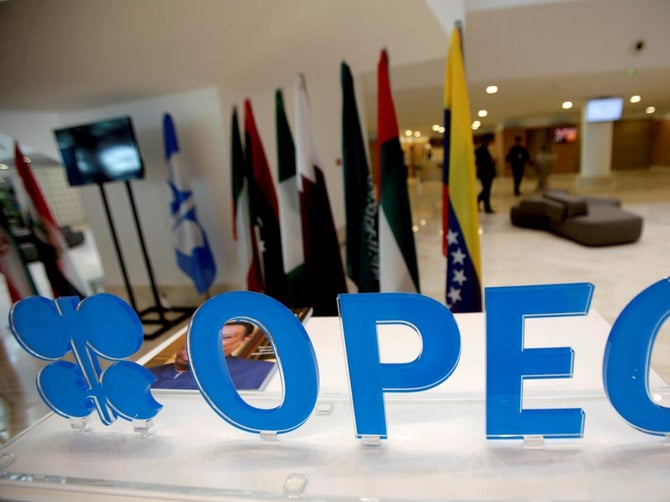OPEC Continues Supply Cuts as West Sanctions Russian Oil

The Organization of the Petroleum Exporting Countries (OPEC) and its allies will continue with their existing policy of carefully managing oil output. Sunday’s announcement came at the same time as new Western sanctions on Russian crude exports became active.
In October, OPEC began a policy that saw it restrict supply by two million barrels per day. This is expected to continue through the end of 2023. In a statement, OPEC reaffirmed the decision taken in October, but left the door open to policy changes, if needed.
When the cuts were first announced in October, the Biden administration criticized them, saying they would hurt low- and middle-income countries by pushing energy prices higher. Instead, oil prices have pulled back, as China’s ongoing lockdowns and fears of a global recession have softened demand.
What does this mean for me?
In a separate development last week, G7 nations, the EU and Australia agreed to impose a price cap of $60 a barrel on Russian oil shipped to countries in which there is no embargo. The move is aimed at throttling Russia’s oil revenue.
Moscow has previously threatened to retaliate by cutting off oil supply to countries that observe the price cap. Ukrainian President Volodymyr Zelensky said the price cap was too high and would allow Russia to continue to fund its illegal war. Markets are expected to remain volatile in the near future, with oil prices in for some instability.
More News

Copper Prices Head Into Uncharted Territory
1 day ago

Silver’s Surge Shows Rate-Cut Bets and a New Layer of Trade Risk
1 week ago
.webp)
Gold’s Breakout Year Sets a High Bar for 2026
2 weeks ago
.webp)
Europe’s Gas Chill Turns Into a Price Rout
2 weeks ago

The Rare Earths Boom Driving a New Global Supercycle
1 month ago
.webp)
Brent Rises as Fresh U.S. Sanctions Choke Russian Oil Exports
1 month ago

Global Wind Market Set to Hit $304 Billion by 2029
2 months ago
.webp)
Gold Cools After Record Surge as Dollar Strengthens
2 months ago